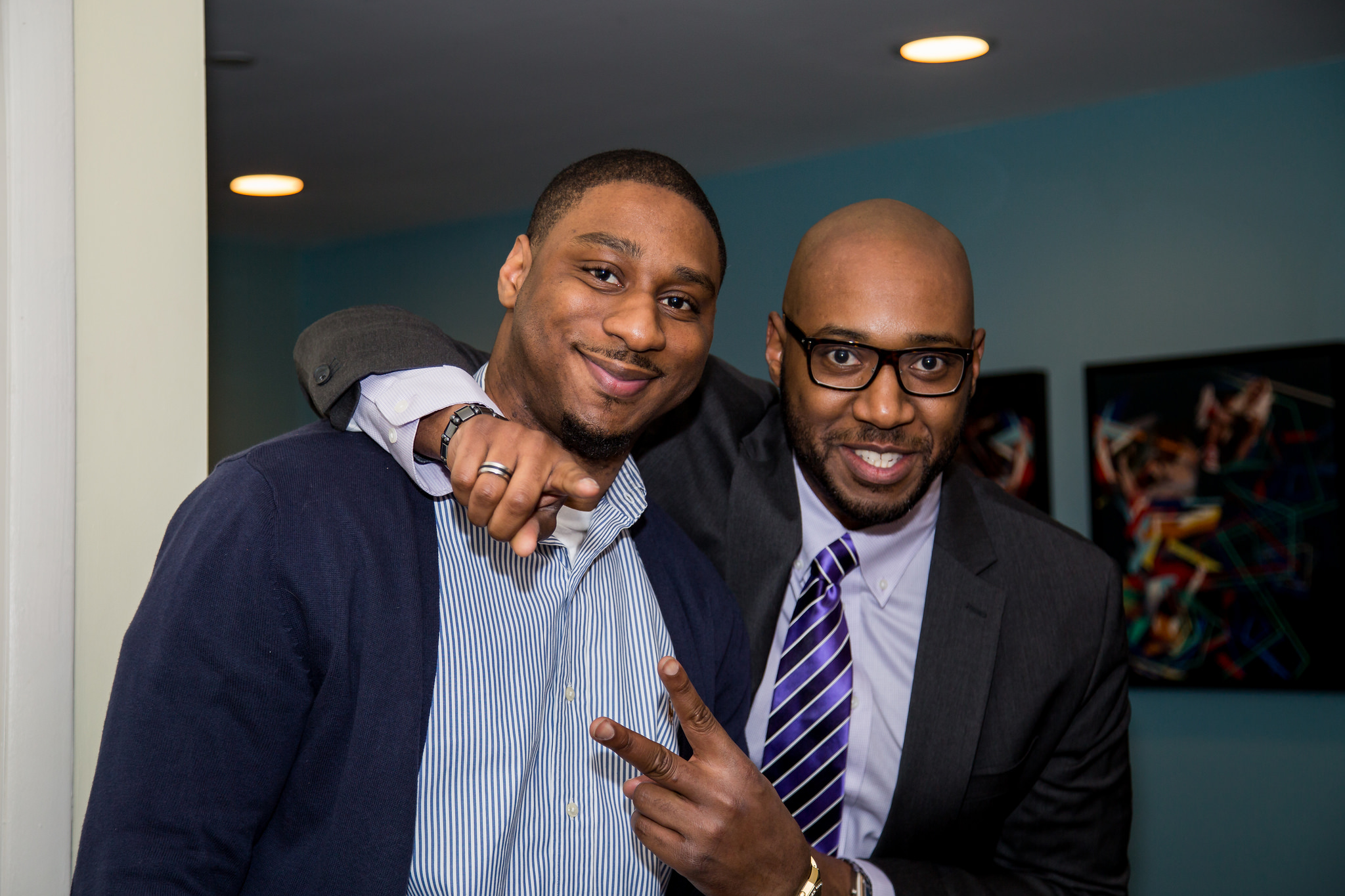
Garfield asked me to write a letter of recommendation recently, and here’s what I said:
It’s not uncommon for me to agree to write a letter of recommendation, but rarely is it such an honor and a pleasure to do so. I’ve known Garfield for ten years, which gives me a sound perspective to evaluate his aptitude, potential, and fit for this opportunity. It’s safe to say that I spotted Garfield’s writing potential long before he saw it in himself.
One the first things that strikes me when I see Garfield’s electronic interactions with others is his ability to dispassionately dispel the faulty logical conclusions that result from faulty or weak arguments. One might be tempted to attribute this skill to his law school education, but he’s possessed this trait for longer than that. I don’t think it would be overstating the matter to call Garfield an intellectual giant. Hyperbolic as this may seem at first blush, it takes only a conversation or two with the man to catch glimmers of his intelligence.
The second thing I’d like to point out, and indeed, one of the qualities I look for in a writer, is an interesting life and perspective. As the product of an immigrant, single-parent household, Garfield’s life on paper seems to mirror an experience shared by many other Americans, but there’s more to uncover here. As revealed by a candid talk delivered at the launch event for my publication in March, Garfield’s Jamaican guardians internalized and touted many of the same anti-black (and when I say black, I refer to African-Americans) pathologies and biases that undermine race relations in the United States to this day.
Garfield went on to share that this same line of thinking continued to show up in his professional development, and well-intentioned black colleagues imparted wisdom upon him. You see, the close-cropped hairstyle worn by Garfield today doesn’t hint at the flowing head of ‘locs he once proudly donned. They were always immaculately maintained (this disclaimer alone attesting to the pervasiveness of respectability politics in the workplace), but nevertheless drew the ire of many folks who sought to shield Garfield from the inevitable consequences of sporting an “ethnic” hairstyle in corporate America.
Garfield was miffed by this assertion—a six-foot-two black man in America scarcely requires more evidence to attest to his blackness in this country—and was put in the unenviable position of being able to win arguments that nevertheless deposited him on the losing side of the equations for reasons out of his control.
Finally, Garfield possesses a loyalty lacking in many of his peers. I’m not certain whether this is a trait passed along by his antecedents or a product of the work ethic instilled in him by his loved ones, but Garfield has endured circumstances in his life that would make most people throw in the towel. His perseverance is a testament to his strong will, intense focus, and ability to see a job through even when things aren’t going in his favor.
It’s perhaps unfair for me to be asked to write this letter, as I know few people who want to see Garfield’s writing read by the world more than me, but that’s just how things shake out. Garfield’s writing has been integral to the early traction enjoyed by my magazine—a publication for black men called Abernathy—and this fact will almost certainly be an interesting footnote in a much larger legacy.
In a few months, my publication will be generating the cash to seriously court Garfield as a full-time member of the team, but until then, I hope you’ll get to experience his brilliance first-hand.
You’ll be glad you did.
The Universe has a funny way of having funny ways. The power of intention, perhaps?
It’s my pleasure to welcome Garfield to Abernathy team as Associate Editor. In this role, Garfield will support our Editor-in-Chief, Ernest, and give leadership to our Abernathy Man series.